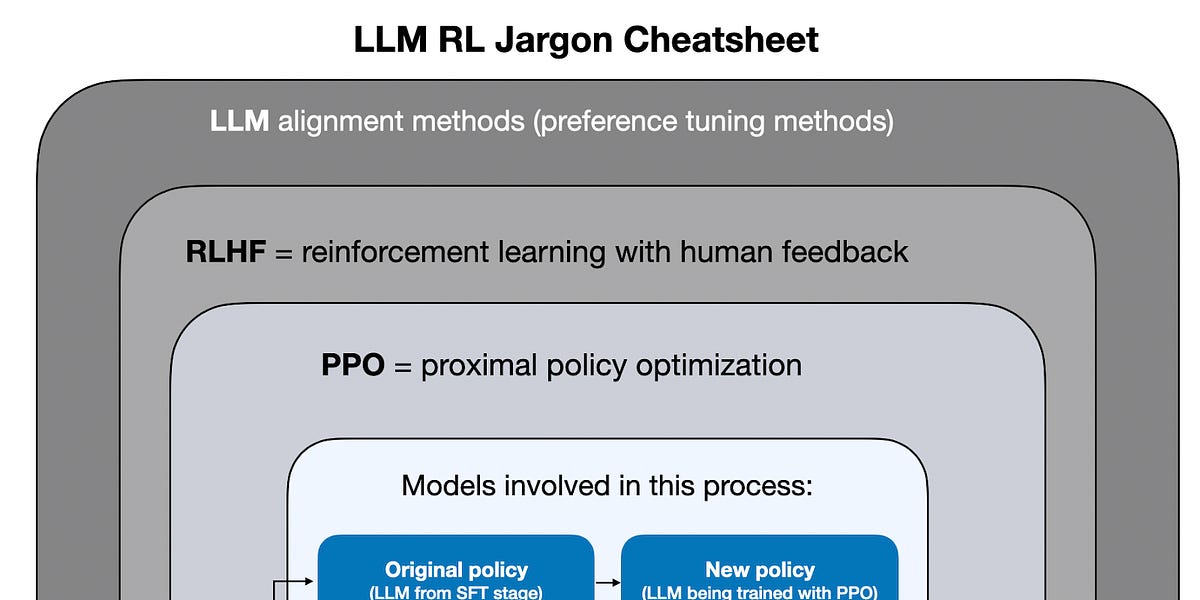The Wiz case study is a testament to the success of Israel’s Talpiot programme.

Google’s $32 billion acquisition of Israeli cybersecurity firm Wiz is the largest exit in Israel’s history.
Last week, Google’s parent company Alphabet agreed to acquire cybersecurity startup Wiz for $32 billion in an all-cash transaction.
In 2024, Wiz reportedly rejected a $23 billion acquisition offer from Alphabet, choosing instead to aim for $1 billion in Annual Recurring Revenue (ARR) and an Initial Public Offering (IPO).
After acquiring Israeli companies like Waze in 2013 and Alooma in 2019, Google’s purchase of Wiz represents its largest acquisition to date, following its $12.5 billion purchase of Motorola in 2011. Google plans to expand Wiz, grow its workforce, and turn Israel into a global cybersecurity hub.
Wiz delivers AI-powered cloud cybersecurity and helps companies detect and eliminate critical risks. It supports major providers like Microsoft and Amazon and serves clients from Morgan Stanley to Docusign.
Business Insider reported that Google’s $32 billion acquisition could serve as a significant test of the regulatory landscape during the US President Donald Trump’s administration, with vice president JD Vance pushing for stricter dealmaking regulations.
Venture capitalists (VCs) have been increasingly investing in Israeli founders—a trend significantly influenced by this acquisition. This deal has highlighted the potential of Israeli startups to deliver substantial returns, thereby bolstering investor confidence in the region’s entrepreneurial landscape.
Inside The ‘Talpiot’ Pipeline
In a post on X, Cole Rotman, investor at DST Global, explained how he “never understood VCs’ obsession” with Unit 8200—a group of individuals from Israel’s Talpiot programme. This programme is a prestigious military training initiative that selects top talent in mathematics, physics, and leadership.
“But after the Wiz acquisition, our attention on Talpiot is warranted,” Rotman added.
He referred to a book titled ‘Israel’s Edge: The Story of The IDF’s Most Elite Unit – Talpiot’ to understand the intricacies of the Israeli entrepreneurial ecosystem. The book mentions that instead of being trained to fight, the few soldiers selected for Talpiot each year are taught how to ‘think’.
Shaun Maguire, partner at venture capital firm Sequoia Capital, who had backed Wiz, discussed the Talpiot mafia at the TBPN podcast. “There’s this insane concentration of talent that comes from the fact that because everyone goes into the army, there’s extremely rigorous selection,” he said, explaining Sequoia’s strategy of heavily investing in Israeli startups.
Maguire added that talent is easier to concentrate in Israel than in US university spinouts. Unlike Stanford or Harvard universities, where talent is now more dispersed, Israel’s system naturally funnels elite individuals into a small, well-connected network.
A detailed profile by Sequoia talks about the birth of Wiz.
The four co-founders of Wiz—Assaf Rappaport, Yinon Costica, Roy Reznik, and Ami Luttwak—formed a close bond during their time in Israel’s elite military intelligence programmes, including Unit 8200 and Talpiot.
With deep cybersecurity expertise, they launched their first venture, Adallom, in 2012, which was later acquired by Microsoft for $320 million. In 2020, they left their roles at Microsoft to establish Wiz, seizing the moment despite the pandemic. Guided by feedback from chief information security officers (CISOs), they pivoted from network to cloud security, aiming to meet the evolving needs of modern enterprises.
“We made the offer based on our belief in the founding team, made up of people who have worked together and who knew the space inside out,” said Douglas Leone, partner at Sequoia Capital, on investing in Wiz again despite no product at the time. This mirrors Silicon Valley’s startup ethos of betting early on founders.
Many of Israel’s most successful startup founders come from these units, forming a tight-knit, high-caliber talent pool that naturally leads to concentrated, high-performing startup teams.
Talpiot alumni have created immense enterprise value through major tech companies, extending well beyond the success of Wiz.
Notable achievements in the cybersecurity sector include Check Point, with a market cap of $25 billion; Trusteer, which was acquired by IBM for $1 billion in 2013; Anobit, bought by Apple for $390 million in 2012; and Spera, which was acquired by Okta for $100 million in 2o23. Beyond cybersecurity, other alumni-founded companies that have attracted substantial investment include Via, which has raised $1.4 billion, and Cyera, which has secured $760 million in funding.
In Israel, rather than going directly to university, students vie for places in the military’s most prestigious units. According to the Israel Innovation Authority, the country has retained its status as the world’s third-largest tech investment hub, securing nearly $9 billion between October 2023 and August 2024.
The story of Wiz and Sequoia Capital highlights how the lines between Israel’s startup ecosystem and Silicon Valley have blurred over the years.
📣 Want to advertise in AIM? Book here
Aditi Suresh
I hold a degree in political science, and am interested in how AI and online culture intersect. I can be reached at [email protected]
Related Posts
Subscribe to The Belamy: Our Weekly Newsletter
Biggest AI stories, delivered to your inbox every week.
Happy Llama 2025
AI Startups Conference.April 25, 2025 | 📍 Hotel Radisson Blu, Bengaluru, India
Data Engineering Summit 2025
May 15 - 16, 2025 | 📍 Hotel Radisson Blu, Bengaluru
MachineCon GCC Summit 2025
June 20 to 22, 2025 | 📍 ITC Grand, Goa
Cypher India 2025
Sep 17 to 19, 2025 | 📍KTPO, Whitefield, Bengaluru, India
MLDS 2026
India's Biggest Developers Summit | 📍Nimhans Convention Center, Bengaluru
Rising 2026
India's Biggest Summit on Women in Tech & AI 📍 Bengaluru

 2 weeks ago
11
2 weeks ago
11










